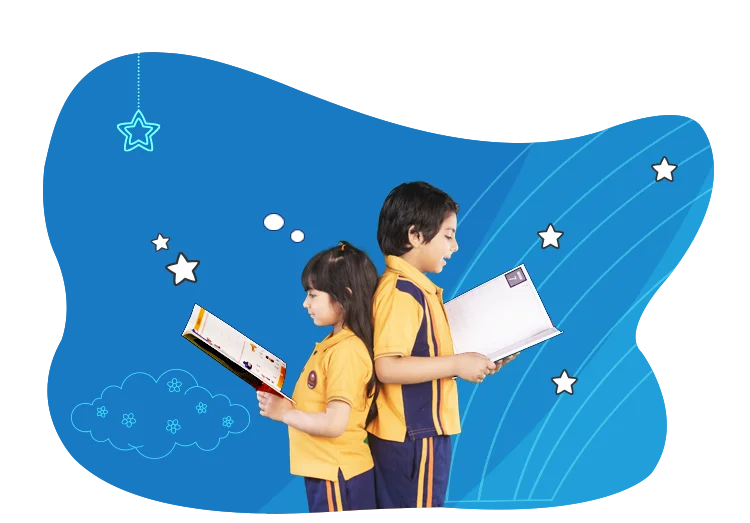Imparting Montessori Education in Preschool and its Effects

To know if a child requires Montessori education lets first know what it actually means. The Montessori Method was first developed by Dr. Maria Montessori in the early 1900s by applying scientific methods in public and private schools.
It is a method where each child is nurtured with his individual desire for knowledge and understanding. It involves a child’s natural interests and needs rather than providing formal education. By making a child independent to form his opinions about the learning process the teacher analysis and guide them to the right path in the future. It also obstructs the basic way of evaluation like exams, grades, and marks.
The Montessori Method includes practices like mixed-age classrooms, freedom for students to choose their favourite activity, specially trained teachers, modular furniture, play-way toys, uninterrupted work time, and a prepared environment.
4 Pillars of Montessori Education
- The sensitive Periods
- The Education Senses
- Prepared Environment
- Spontaneous Activities through repetition
The teacher provides such an environment to preschool children that it opens up their learning senses through continuous repetition of the Montessori activities.
How does Montessori Education help a Preschool kid?
Montessori education not only helps normal children but is specially designed to treat children with any kind of special needs; psychological and physical. Playschools that inculcate Montessori education and tools in their advanced learning methods bring out the best in a child through activities and fun play-way sessions. A child gets individual attention from a trained teacher who analyses the requirements and needs for his learning and understanding.
5 Areas of Montessori Classroom
Providing Montessori education to preschool kids is not easy as a formal education. There are 5 areas of a Montessori Classroom that the trained teachers work on a preschool kid:
The Language area- Including letters, phonics sounds, and reading
The Sensorial Area– Mobilizing 5 Sense Organs through activities
The Math Area– number rods, sandpaper numbers, number boards, beads, tiles, and number games
The Cultural Studies Area– Dance, Music, Fine-arts and much more
The Practical Life Area- caring for the person, environment, society, and animals
Activities of the Montessori method
Daily routines provide a consistent pattern of games and activities for learning time, rest, meals, exercises, and outdoor play. Here are some activities for a better Montessori education that even parents can perform with their Preschool kids.
- Pouring and scooping
- Watering Plants
- Puzzles & Riddles
- Rubik Cubes
- Tying Shoe Laces
- Opening bottle caps
- Sorting beans and rice
- Gluing paper
- Sweeping & Washing
- Personalized Classification Cards
- Personalized play mats
- Tracing boards
- Cooking
- Learning tiles



